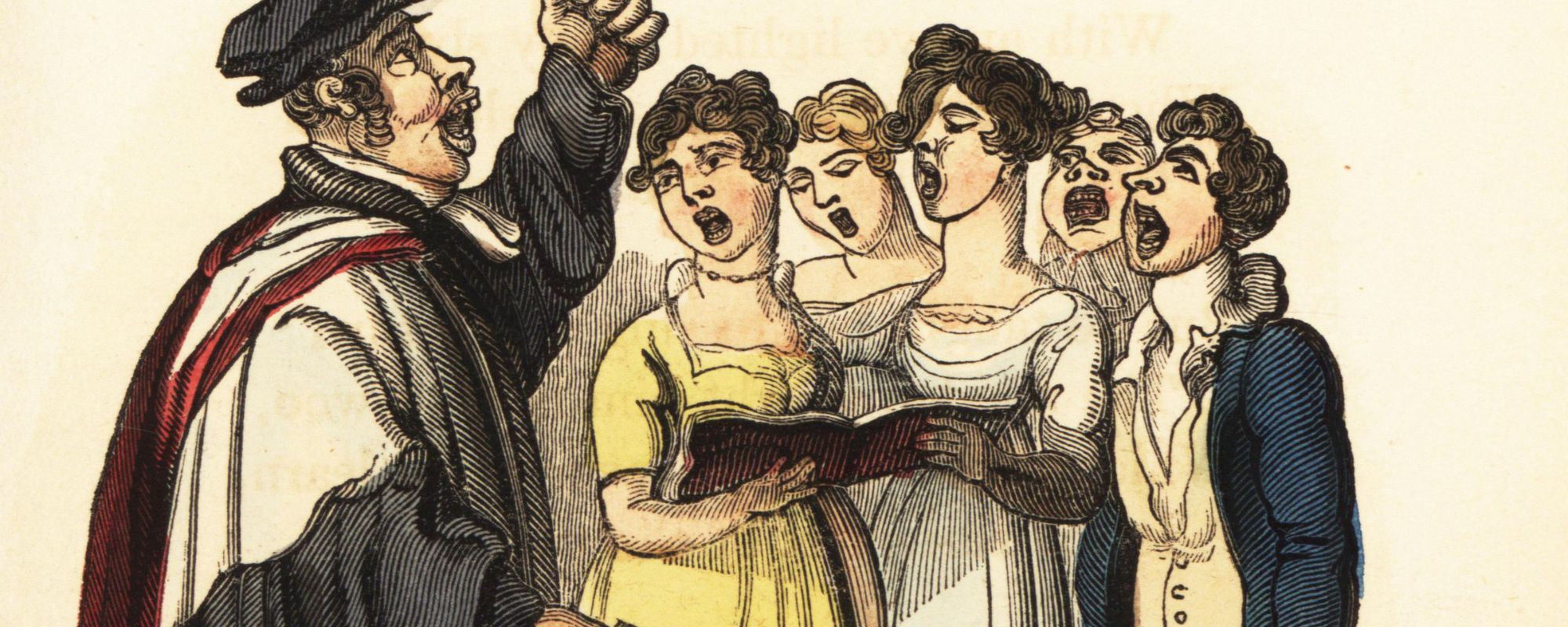During the entirety of World War II, Bing Crosby‘s “I’ll Be Home for Christmas” was banned from radio since it was a reminder that families couldn’t be reunited during the holidays—I’ll Be Home for Christmas / If only in my dreams. In 1957, Elvis Presley‘s version of “White Christmas” was kept off the air on radio since the hip-shaking rocker was believed to be corrupting the youth. In Portland, Oregon, DJ Al Priddy was even fired for playing Presley’s rendition.
The Pogues and Kirsty MacColl’s more debauched 1987 holiday song “Fairytale of New York” was cut from getting any airtime for years by MTV, BBC, and more for its homophobic and other insulting slurs—You cheap lousy f–got … Happy Christmas your arse … You’re an old slut on junk.
Even though “Weird Al” Yankovic released “Christmas at Ground Zero” 15 years before 9/11 on his 1986 album Polka Party!, it was banned shortly after the attacks for its obvious references of a nuclear attack and an apocalyptic end—Everywhere the atom bombs are dropping / It’s the end of all humanity / No more time for last-minute shopping / It’s time to face your final destiny. Yankovic also stopped performing the song live for many years.
More festive songs were banned throughout the decades. Here’s a look at three provocative holiday songs—by 1940s and ’50s standards—that still became classic hits despite losing some radio play.
Videos by American Songwriter
“Baby, It’s Cold Outside” (1949)
Written by Frank Loesser
In 1944, Broadway composer Frank Loesser wrote “Baby, It’s Cold Outside” as a song to sing with his wife to dinner party guests at their house. “Baby, It’s Cold Outside” later ended up in the 1949 romantic comedy Neptune’s Daughter in a scene where José (Ricardo Montalbán) is trying to persuade Eve (Esther Williams) to stay a bit longer, and replaced the song that Loesser originally composed for the film, “(I’d Like to Get You on a) Slow Boat to China.”
Shortly after its release, the song was shunned by some for its implications of staying the night with someone out of wedlock. More than 70 years after its release, the issue of consent was raised in the song with its lyrics The answer is no and What’s in this drink?” and in 2018, some radio stations in the U.S. and Canada refused to play the song.
Covered more than 500 times since its release, everyone from Ella Fitzgerald and Louis Jourdan, Dean Martin, Barry Manilow and K. T. Oslin, Tom Jones and Cerys Matthews, Liza Minelli and Alan Cumming, Lady A, Kelly Clarkson and Ronnie Dunn, Idina Menzel and Michael Bublé, Willie Nelson and Norah Jones, among many others have shared their versions of the partially controversial hit.
“I Saw Mommy Kissing Santa Claus” (1952)
Written by Tommie Connor
Written by British songwriter Tommie Connor, “I Saw Mommy Kissing Santa Claus” was first recorded and released by a then 13-year-old Jimmy Boyd in 1952 and went to No. 1 in the U.S. and peaked at No. 3 in the UK. When released, the Boston base of the Roman Catholic Church reportedly banned the song for insinuating an adulterous affair and linking it to the birth of Jesus Christ. Shortly after, some radio stations started cutting it from the air. “It violates a provision against songs in which children describe parents’ misconduct, and implies an insult to Santa and the sacred occasion,” wrote one TV and radio station in West Virginia.
Boyd was reportedly sent to Boston to visit the Archdiocese where he explained that the song was a joke and that “Santa” in the lyrics was his father in disguise in the song. In 2023, a Boston Globe report stated that there was no clear evidence that the church officially banned the song and despite being pulled from some radio at the time, it still became a tremendous holiday hit.
Years after its release, “I Saw Mommy Kissing Santa Claus” was covered by the Ronettes in 1963 and again in 1970 by the Jackson 5, who helped popularize it.
“Santa Baby” (1953)
Written by Joan Javits and Philip Springer
“Santa Baby” is the story of a woman who demands the finer things in life—checks, a convertible, and some gifts from Tiffany’s—Santa baby, just slip a Sable under the tree for me / Been an awful good girl / Santa baby, so hurry down the chimney tonight. Written by Joan Javits and Philip Springer, who were commissioned to write it for Earth Kitt, “Santa Baby” was first released in 1953 and became an instant hit.
“When we first wrote it, I never had any idea that it’d have this kind of popularity,” said Springer, who went on to write for Frank Sinatra and Aretha Franklin after his hit with Kitt. “I said it wasn’t one of my greatest melodies, but it was the best I could do. Only time has proven to me they were right.”
That year, Kitt performed the song in New York City for a visit by King Paul and Princess Frederica of Greece. Some in attendance were taken aback by the sexiness and purring sultriness of Kitt’s singing in front of royalty. Following its release, some radio stations in the south also started banning the song from the air for being too suggestive for a holiday song.
Regardless of any bans at the time, “Santa Baby” went to No. 1 in the U.S. and is still a classic. In 1987, Madonna released a version of “Santa Baby,” to benefit the Special Olympics, introducing it to a whole new generation.
[RELATED: Behind the Song Lyrics of Earth Kitt’s “Santa Baby”]
Photo: Eartha Kitt studio portrait, circa 1955 (Silver Screen Collection/Getty Images)













Leave a Reply
Only members can comment. Become a member. Already a member? Log in.